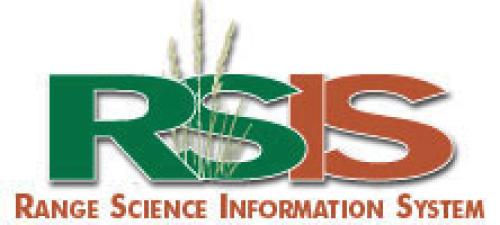Grazing may alter the carbon sequestration of grasslands by altering above and below-ground carbon inputs and soil properties. In this study, Henderson et al. determined the long term (20+ years) effects of grazing versus grazing exclusion on carbon properties of Alberta grasslands. Grazing altered the species composition, increased the soil bulk density, and decreased the above-ground litter and vegetation carbon pools, all of which can alter below-ground soil properties and nutrient cycling. Soil carbon in mixed grass prairie was positively correlated with clay content, but no grazing effect could be detected when this subset was analyzed by ANCOVA. Henderson et al. note that current range management practices to maintain range types in good to poor condition appear to be consistent with maintaining the soil organic matter pool in the northern Great Plains.

Citations and enhanced abstracts for journals articles and documents focused on rangeland ecology and management. RSIS is a collaboration between Montana State University, University of Idaho, and University of Wyoming.